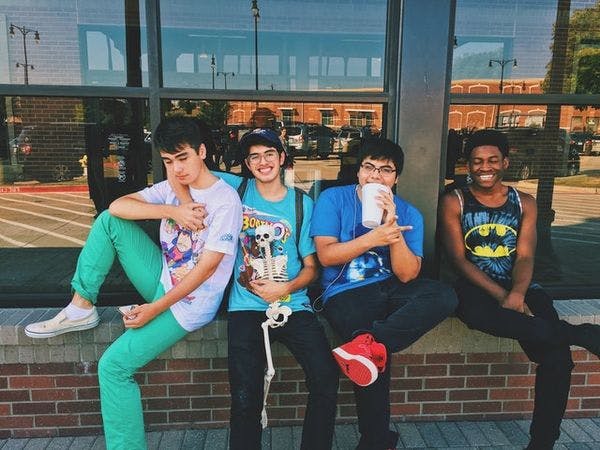Pexels - Kat Wilcox
États-Unis : les jeunes « noirs » et « latinos » sont toujours plus susceptibles d’être punis pour avoir fumé de l’herbe
Les politiques de tolérance zéro appliquées par les écoles et les autorités d’application des lois entravent l’amélioration de la qualité de vie des jeunes et exacerbent les formes existantes de marginalisation.Pour en savoir plus, en anglais, veuillez lire les informations ci-dessous.
By Adryan Corcione for Teenvogue
“Marijuana is the drug for which most kids get penalized in school settings,” Sheila Vakharia, deputy director of the Department of Research and Academic Engagement at the Drug Policy Alliance (DPA), tells Teen Vogue.
The War on Drugs disproportionately impacts Black and Brown youth in schools, like it disproportionately impacts their older relatives and neighborhoods overall. But young people may have more to lose than adults because drug criminalization often leads to school suspension and expulsion, even in states with more progressive cannabis reform.
As recreational legalization measures sweep the nation and CBD-infused products proliferate, young people are still negatively impacted by cannabis policing. This is also true in states that have legalized pot. According to 2018 policing data compiled by the state of Colorado, drug-related infractions made up approximately 5-6% of all student suspensions, but cannabis accounted for about 70% of suspensions or expulsions for drugs, and almost 80% of law enforcement referrals for drugs in the 2017-2018 school year.
Young people don't seem to be consuming cannabis more widely these days. According to a 2018 DPA report, “Preliminary data suggest that youth marijuana use rates have remained stable and have actually gone down in some cases, both nationally and in states that have legalized marijuana for adults.” Additionally, despite the presumption that cannabis use among minors would increase as states passed recreational measures, research has shown that has not been the case. In Washington, where adult retail marijuana sales were legalized in 2012, the state’s largest metropolitan county saw a decline in marijuana use among students in grades 6, 8, 10, and 12, according to 2019 research from the Centers for Disease Control and Prevention.
